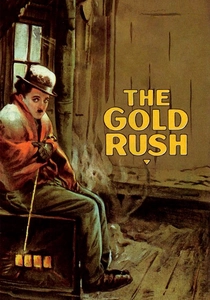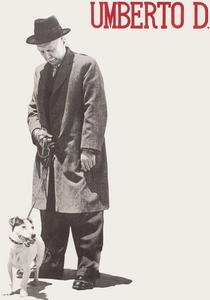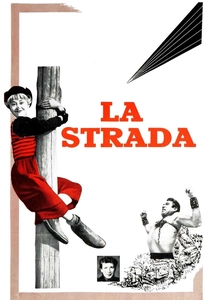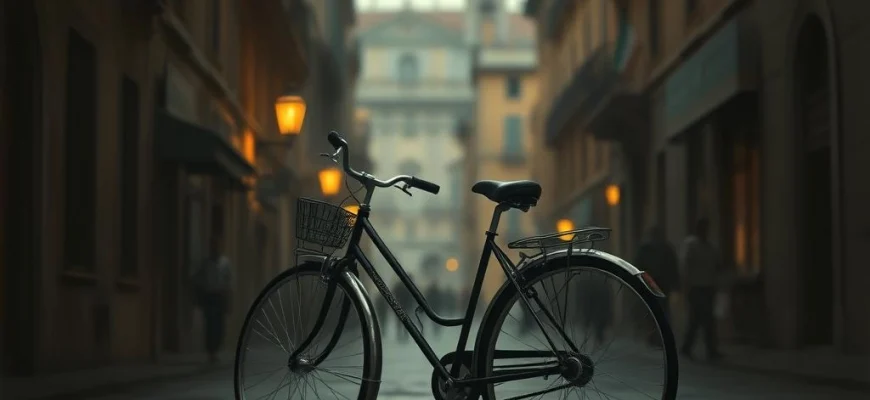If you were moved by the raw emotion and social realism of 'Bicycle Thieves' (1948), you'll love these 10 similar films and shows. This article explores gripping stories of struggle, humanity, and resilience that echo the timeless themes of Vittorio De Sica's masterpiece. Whether you're a fan of neorealism or simply crave deeply human narratives, these recommendations will captivate you.

The Gold Rush (1925)
Description: A blend of comedy and pathos that explores themes of poverty, loneliness, and the human spirit's resilience in the face of adversity.
Fact: Chaplin considered this his favorite of all his films and re-released it in 1942 with a new musical score and narration.
 Watch Now
Watch Now 
Rome, Open City (1945)
Description: A raw and unflinching depiction of life under Nazi occupation, blending documentary-like realism with deeply humanistic storytelling.
Fact: The film was shot on the streets of Rome shortly after the city's liberation, using non-professional actors to enhance its authenticity.
 Watch Now
Watch Now 
Ikiru (1952)
Description: A profound meditation on mortality and the search for meaning in life, told through the story of a terminally ill bureaucrat.
Fact: The film's title translates to 'To Live' in English, reflecting its central theme of finding purpose in one's remaining days.
 Watch Now
Watch Now 
Umberto D. (1952)
Description: A poignant portrayal of an elderly man struggling with poverty and loneliness in post-war Italy, capturing the harsh realities of life with deep empathy and realism.
Fact: The film was initially criticized for its bleak depiction of Italian society but later gained recognition as a masterpiece of neorealism.
 Watch Now
Watch Now 
La Strada (1954)
Description: A melancholic exploration of human suffering and redemption, told through the journey of a simple-minded woman and her brutish companion.
Fact: The film's iconic musical theme, composed by Nino Rota, has become one of the most recognizable in cinema history.
 Watch Now
Watch Now 
Pather Panchali (1955)
Description: A lyrical and deeply humanistic portrayal of rural poverty and childhood, capturing both the beauty and hardship of everyday life.
Fact: This was the debut film of its director and marked the beginning of what would become known as the Apu Trilogy.
 Watch Now
Watch Now 
The 400 Blows (1959)
Description: A deeply personal coming-of-age story that captures the alienation and struggles of childhood with remarkable honesty and emotional depth.
Fact: The famous final shot, a freeze-frame of the young protagonist's face, was achieved by accident when the camera jammed, but the director decided to keep it.
 Watch Now
Watch Now 
The Battle of Algiers (1966)
Description: A gripping, almost documentary-style portrayal of urban guerrilla warfare, focusing on the human cost of political struggle and oppression.
Fact: The film was banned in France for several years due to its controversial subject matter and realistic depiction of colonial violence.
 Watch Now
Watch Now 
The Shop on Main Street (1965)
Description: A powerful examination of moral dilemmas during wartime, focusing on an ordinary man's complicity in the persecution of others.
Fact: The film was the first Czechoslovak production to win the Academy Award for Best Foreign Language Film.
 Watch Now
Watch Now 
The Bitter Tears of Petra von Kant (1972)
Description: An intense psychological drama exploring themes of power, desire, and emotional manipulation, all confined to a single claustrophobic setting.
Fact: The entire film takes place in one room, with only female characters appearing on screen throughout its duration.
 Watch Now
Watch Now 








